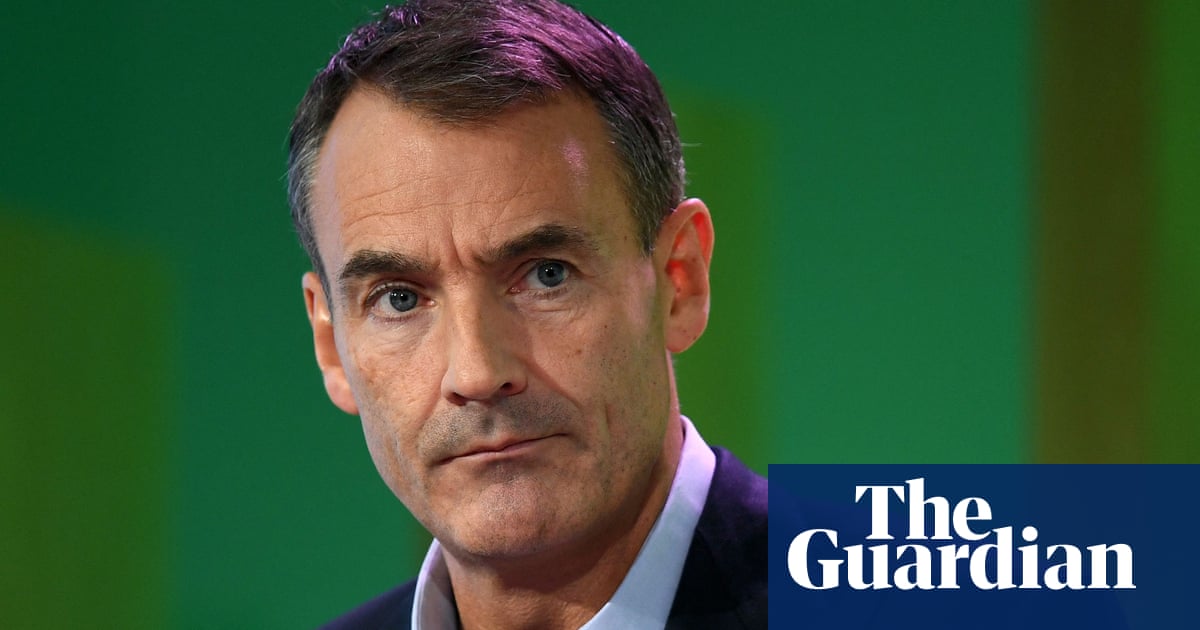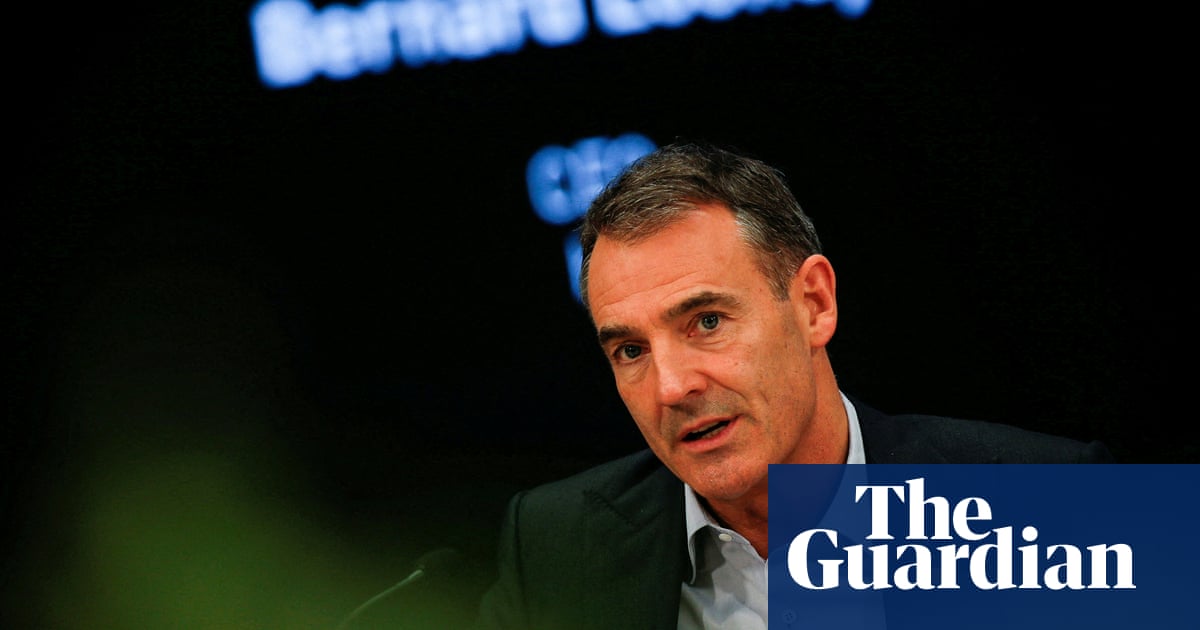
BP has formally dismissed its chief executive Bernard Looney with immediate effect, and will deny him more than £32m in pay and share awards, over “serious misconduct” relating to his past relationships with colleagues.
Looney stepped down from his post in September after admitting he had failed to fully disclose a series of personal relationships with his colleagues to the board.
After an investigation by the board and its advisers, the oil company has concluded Looney, who ran BP from 2020, knowingly misled his fellow directors last year when they sought assurances regarding his disclosure of past relationships and his future behaviour.
BP said after careful consideration it believed this amounted to “serious misconduct” and had now dismissed the executive from his one-year notice period with immediate effect.
The total amount forfeited by, or clawed back from, Looney is £32,426,000, of which almost £25m relates to unvested performance share awards. He will also lose more than £4.5m relating to the salary and pension allowance for the balance of his notice period, plus the maximum bonus award for this financial year.
BP said 87% of the total value was automatically forfeited after Looney resigned with immediate effect in September. A further 10% loss came as a result of the board’s decision that he should be dismissed after serious misconduct. Another 3% was been clawed back at the discretion of the board.
Looney’s pay package more than doubled to £10m in 2022, which included a salary of £1.4m, a bonus of £2.4m and a £6m share award, as well as benefits. This meant the total package was 120% more than the £4.5m he received in 2021.
The steep financial penalty brings an ignominious end to Looney’s career at the oil company that began in 1991 when he joined BP as a 21-year-old graduate from University College Dublin.
Looney worked as a drilling engineer in the North Sea and the Gulf of Mexico, and was a protege of the former BP boss John Browne before being made head of the company’s upstream division in 2016.
BP received and reviewed allegations from an anonymous source relating to Looney’s personal relationships with colleagues in May last year, according to the company. It said that before taking up the position of chief executive in early 2020, Looney disclosed “a small number of historical relationships” and gave the board assurances about his future behaviour.
Since then, further allegations have come to light and BP began a further investigation into the new claims with external legal assistance, according to the company. In response, Looney told the board that he “was not fully transparent in his previous disclosures” and he accepted that they ought to have been more complete, according to the company.
BP said: “In providing inaccurate and incomplete assurances in July 2022, Mr Looney knowingly misled the board. The board has determined that this amounts to serious misconduct, and as such Mr Looney has been dismissed without notice effective on 13 December 2023. This decision had the effect of bringing Mr Looney’s 12-month notice period to an immediate end.”
Looney’s departure has raised questions about the company’s future strategy, which has been shaped in recent years by his plan to reduce oil and gas production this decade before making BP a net zero energy company by 2050. Looney watered down his promise to cut oil and gas production before 2030 months before his departure.
The BP chair, Helge Lund, said in September that the company had started the hunt for a new boss to replace Looney and would consider hiring company outsiders to the role. The oil company has traditionally found its chief executives from within its ranks, and has not hired an outsider for its top job in at least 30 years. However, industry experts believe that appointing an outsider cannot be ruled out.












